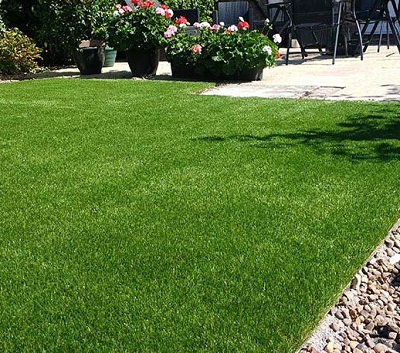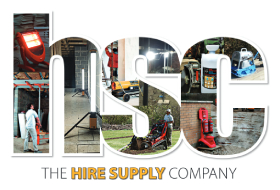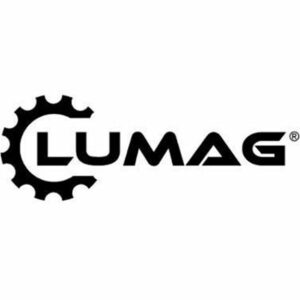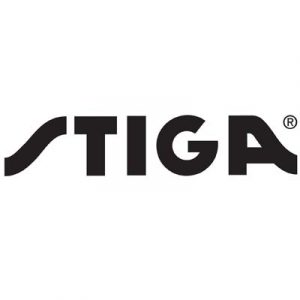BRING BACK THE AJAX? (this was the original push cylinder lawnmower, manufactured by Ransomes, Ipswich)
Fighting the plastic invasion
|
You probably missed it. I certainly did with all the Brexit stuff around. Last year, a formal petition was submitted to UK Government urging a ban on the sale of artificial grass ‘as a plastic pollutant destroying wildlife’.
The petition was launched in May and closed in October having gained 2901 signatures, well short of 10,000 required for it to be debated in Parliament.
It’s a move that was never likely to get the nation’s juices flowing, but the sentiment behind it had much merit. At a time when the focus internationally is firmly on reducing the use of plastic, we are piling more and more of the stuff into an area that should exhibit the greenest credentials – the natural garden. Soil, grass, trees and shrubs are universally recognised as major contributors in combatting climate change.
Yet the sale of artificial grass is booming. The market is worth £2bn globally and set to double by 2023. But for what purpose? Not for the look of it. Indeed, a recent survey reckoned that artificial grass could detract house buyers and reduce the value by around 5%. Yet, the plastic invasion in the garden is going well beyond lawns with sales of fake outdoor plants, synthetic shrubbery and plastic privet hedges increasing rapidly.
The sellers of the plastic stuff will point to reduced water use and no need for fertilisers or chemicals, nor of machinery which may well be petrol powered. But their principal USP is reduced maintenance. The increasing unwillingness of homeowners to spend time looking after their natural resources.
Yet there is a much bigger picture. According to the RHS Greening Grey Britain report, “Over 40% of front gardens have been paved or concreted in recent years”, mainly to accommodate cars or vehicles which makes the retention of a remaining grass lawn even more important. It is recognised that grass provides the essential ‘green lung’ to city or urban areas. It has a feel, a texture and ecological qualities that synthetic materials can never achieve. And what is voted the nation’s favourite smell in countless surveys? Freshly mown grass.
Even sporting bodies are starting to question the increasing use of artificial pitches. The EU have been considering their future use due to the presence of, and possible damage from microplastics, the very small particles of plastic produced during wear and tear which can then enter the atmosphere. Following controversy over the 100% use of artificial surfaces at the 2015 Women’s World Cup in Canada, the 2019 tournament in France only featured grass pitches, and FIFA have formally banned artificial pitches at the 2023 Women’s World Cup.
There is case to be made for the use synthetic turf in some applications, but not for rapidly increasing replacement of the real stuff when the only reason is laziness! Perhaps as an industry we should have two messages. One, that nature should never, ever, be smothered by plastic. Two, that cutting the grass, trimming the hedges is beneficial exercise. Environment and health wrapped up in one. I recall visiting a stand (booth) at the EXPO in Louisville a few years ago, where the American Lawnmower Company (established 1895)) were selling push cylinder mowers. Their selling point? Aerobic exercise, pure and simple.
If you combine that message with the benefits of using a human powered piece machinery, you have a strong ecological story. So, should we be bringing back the fabled Ajax (other push mowers are available), at least to make a point in the showroom?
The grass machinery industry can get a bad press (if it gets any press at all), but we must continue to promote and encourage the virtues of real grass at a time when the use of plastics is coming under increased scrutiny.





















